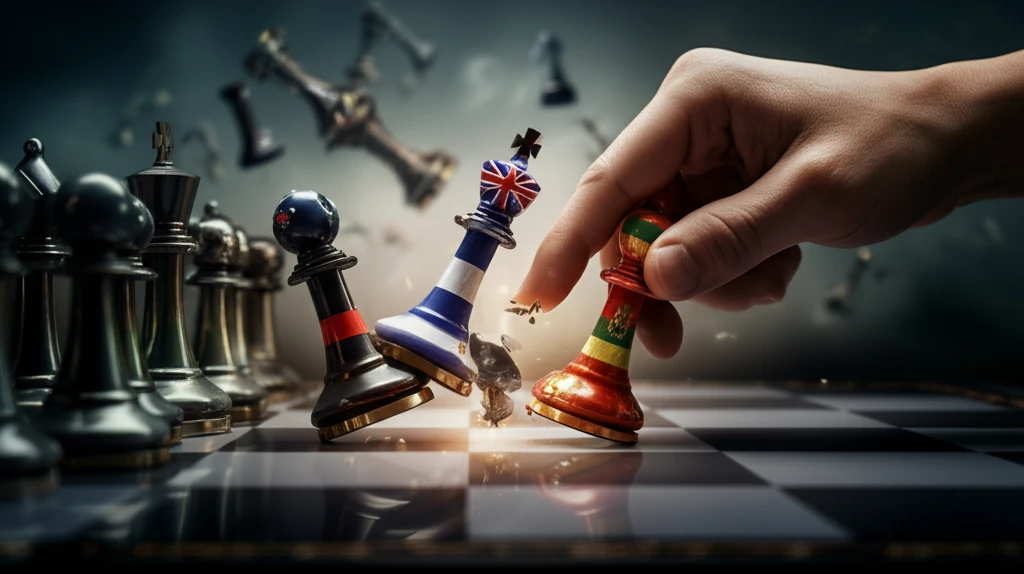
The State vs. Global Power: How Realism Shapes Our World
"Unpacking Classical and Modern Theories"
In today's rapidly changing world, understanding the core principles that guide international relations is more critical than ever. Political realism, a long-standing theory, offers a framework for analyzing the interactions between nations, emphasizing the role of power and the pursuit of national interests. But how has this theory evolved, and what are its key concepts?
Political realism suggests that in an international arena lacking a central authority, each state acts to ensure its own survival and security. This perspective, championed by thinkers like Colin Gray, posits that enduring truths about power and national interests remain relevant despite changing global trends. Realism encourages us to look beyond temporary trends and focus on fundamental drivers.
This exploration delves into the heart of political realism, examining its development and how it interprets the relationship between power and the nation-state. By understanding these concepts, we can better grasp the underlying dynamics shaping global events and the ongoing debates in international relations.
What Is Realism?

Realism emphasizes the central role of power. The term refers to a political philosophy that views the world as it is rather than how it should be, focusing on practical considerations like power and national interest over ideological or moral goals. This tradition contrasts with other schools of thought, such as idealism, which prioritize cooperation and ethical principles.
- State as Primary Actor: Realism considers the state as the main player in international relations. Other entities, such as individuals or international organizations, are secondary.
- Anarchy in the International System: The absence of a global authority means each state must ensure its survival.
- Rationality: Realists assume states act rationally to maximize their security and power.
- Power: States seek to increase their power to protect their interests and ensure survival.
- National Interest: Policymakers prioritize their nation's interests above all else.
Realism Today
In conclusion, understanding political realism provides crucial insights into the dynamics of international relations. As global challenges continue to evolve, realism remains a valuable tool for policymakers and observers alike in navigating the complexities of our interconnected world. From great power competition to the resurgence of nationalism, realism offers a framework for making sense of an often-unpredictable global landscape.
